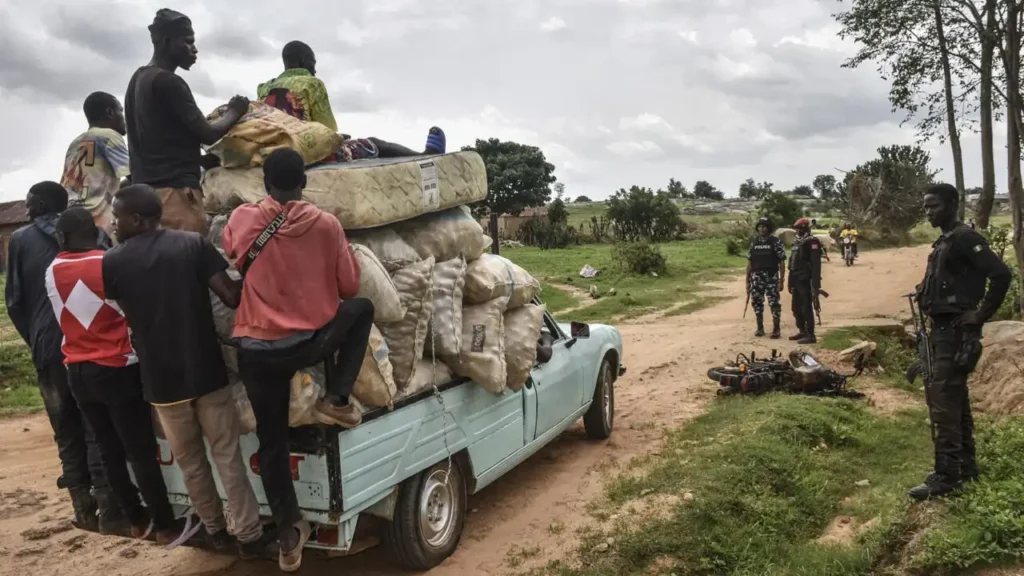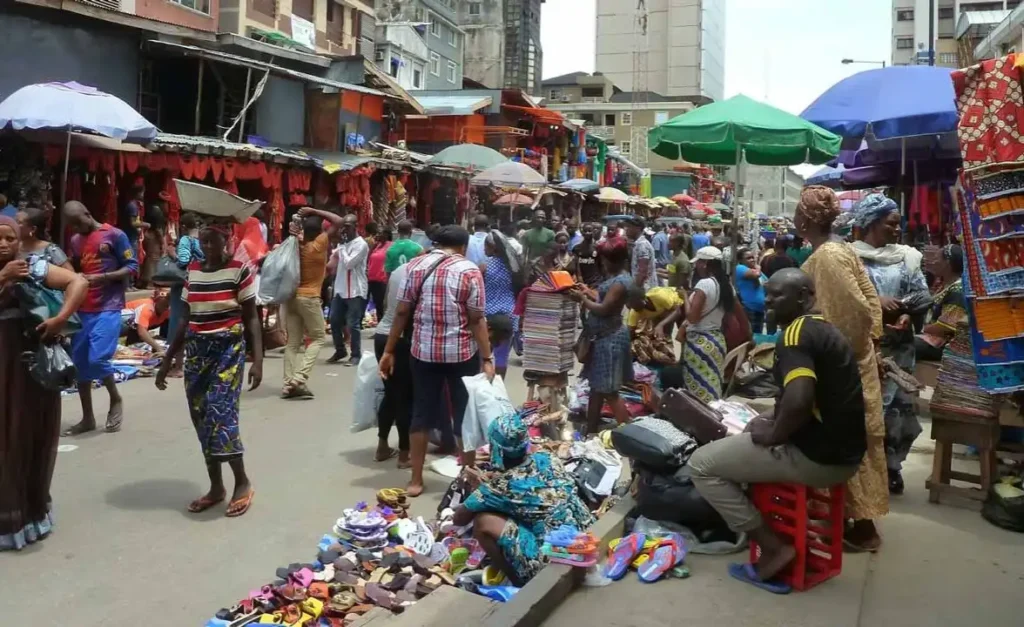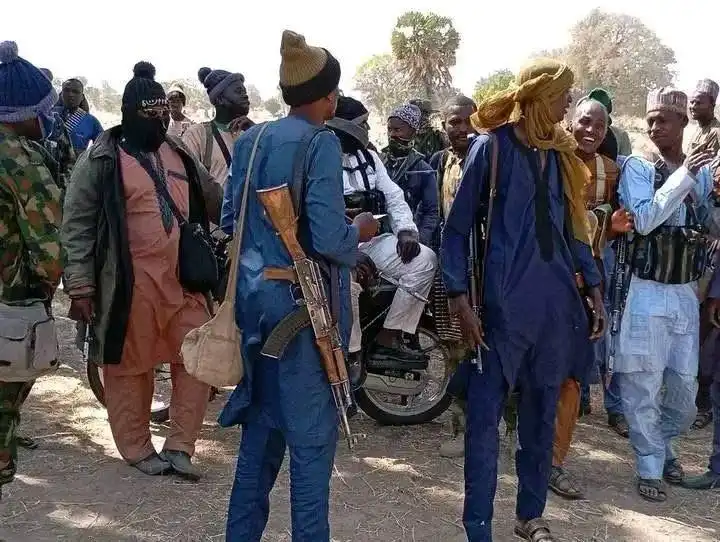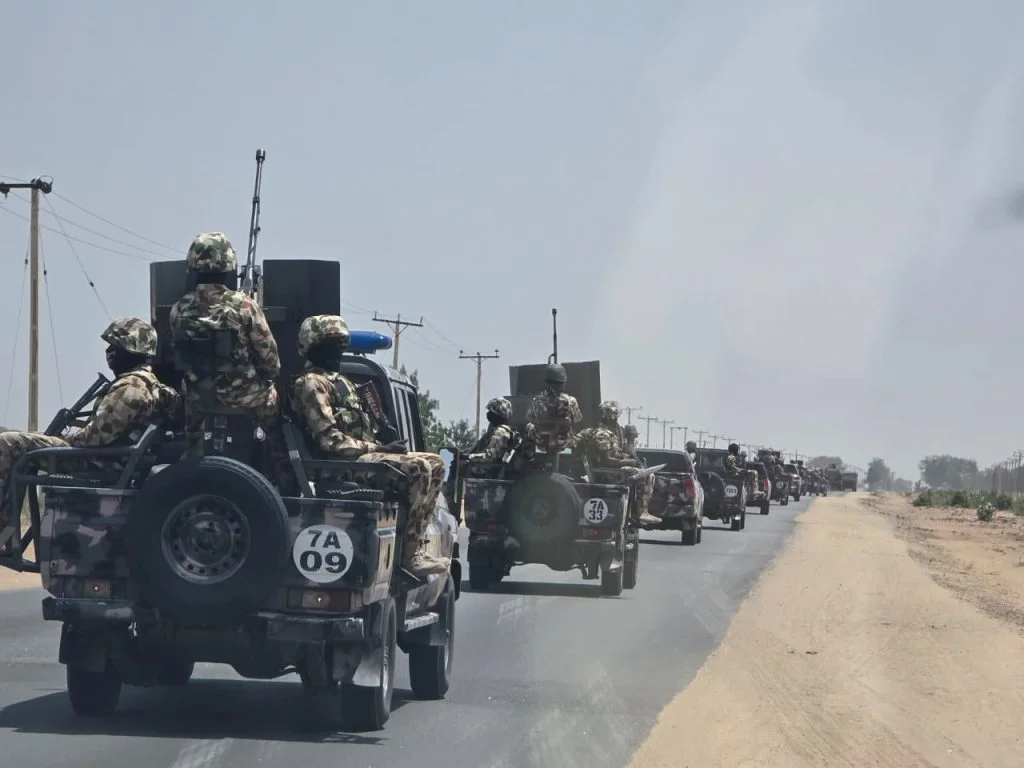Violent raids carried out by suspected armed Fulani bandits devastated multiple villages in Kanam and Wase Local Government Areas of Plateau State. The coordinated attacks resulted in the deaths of more than 150 people, leaving behind a trail of destruction that included burned homes, abductions, and mass displacement. Survivors described the incident as one of the worst massacres in recent memory, with entire communities reduced to rubble within hours.
Villagers Ambushed and Displaced in Coordinated Strikes
Eyewitnesses reported that the assailants arrived on motorcycles and launched a sudden assault, shooting indiscriminately, torching homes, and abducting residents. At least nine villages came under siege, and some survivors said dozens were buried in mass graves due to the scale of the killings. Families who escaped the carnage are now taking refuge in nearby towns, with many still searching for missing loved ones.
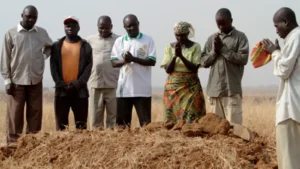
Government Response Draws Public Backlash
While President Muhammadu Buhari issued a statement condemning the massacre and promising swift action, local residents and civic leaders harshly criticized the federal and state governments for failing to prevent the bloodbath. Many questioned how such a large group of attackers operated undisturbed in broad daylight across several communities, underscoring widespread concerns over the collapse of rural security infrastructure.
Conflict Beyond Land: Ethnic Violence or Terrorism?
Although frequently categorized as part of Nigeria’s ongoing herder–farmer conflict, many analysts and local leaders argue that these attacks resemble acts of terrorism or ethnic cleansing. Former Minister of Youth and Sports, Solomon Dalung, stated that the nature of the violence was far too organized to be seen as a land dispute and called for stronger counter-terrorism strategies.
A Pattern of Rising Violence in Plateau State
The April 2022 massacre follows a disturbing trend of rising insecurity in Plateau. Later, in December 2023, attacks over the Christmas holidays claimed nearly 200 lives in Bokkos and Barkin Ladi LGAs. This culminated in over 1,300 deaths from December 2023 to February 2024, reinforcing fears that targeted killings in the region are escalating into a larger national crisis.
Humanitarian Toll and Ongoing Displacement
Thousands of residents have been forced to flee their ancestral homes, leaving behind their belongings and farmland. Humanitarian organizations report growing needs for shelter, food, and trauma counseling as the internally displaced population continues to swell. Schools and places of worship were also destroyed in the attack, further destabilizing the affected communities.
Call for Urgent Reforms and International Attention
Civic groups, youth organizations, and traditional rulers have jointly called for comprehensive reforms in Nigeria’s security architecture. They are demanding better intelligence sharing, faster deployment of military support, and independent investigations into recurring attacks. Some activists have also urged international human rights organizations to intervene and hold the Nigerian government accountable for its failure to protect its citizens.
Conclusion
The mass killings in Plateau State represent not just another tragic episode in Nigeria’s complex web of insecurity, but a clear indication of the government’s weakening grip on rural protection and national cohesion. With over 150 people murdered, countless displaced, and entire villages erased, the need for lasting peace and a holistic solution to intercommunal violence has never been more urgent.


